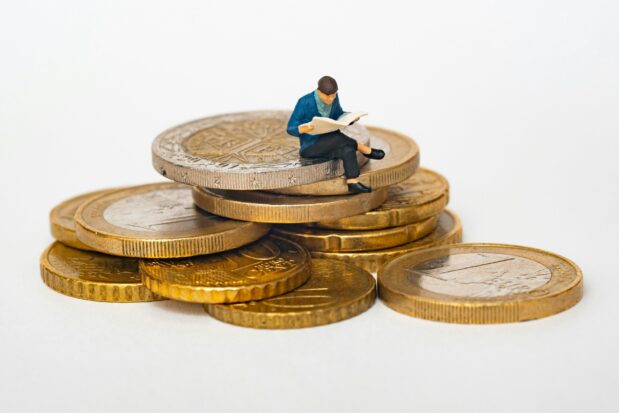Today, I will explain the following website. (AI-generated)
日銀は12月に追加利上げに動くか(NRI研究員の時事解説) – Yahoo!ニュース
Contents
Understanding the Potential of Additional Rate Hikes by the Bank of Japan
Rate hikes, or increases in the interest rates set by a central bank, can significantly influence currency values. When the Bank of Japan (BoJ) raises rates, it often leads to a stronger yen as investors seek the higher returns available from yen-denominated assets. This can affect the USD/JPY currency pair, which measures the value of the US dollar relative to the yen. A rate hike by the BoJ could potentially reverse the trend of a weaker yen and create opportunities for FX traders.
What Are Rate Hikes and How Do They Affect Currency Exchange?
A rate hike occurs when a central bank, such as the Bank of Japan, increases the cost of borrowing money. This usually results in a stronger domestic currency as higher interest rates attract foreign capital, seeking better returns. In the context of FX trading, this can lead to significant shifts in currency pair prices, particularly in the USD/JPY market.
The Impact of Trump’s Trade Policies on the Yen and the Dollar
The trade policies of the Trump administration, including additional tariffs, have implications for the US and global economies. These policies can affect inflation and interest rate expectations, which in turn influence currency values. For the yen and the dollar, Trump’s policies have led to fluctuations, with the yen initially strengthening and then weakening against the dollar as market sentiment shifted.
Will the Bank of Japan Move Towards Additional Rate Hikes in December?
Market analysts are contemplating whether the Bank of Japan will implement additional rate hikes in December. Factors such as the yen’s valuation, economic policies, and market trends play a crucial role in this decision. FX traders should closely monitor these developments as they can impact the USD/JPY trading strategies.
Factors Influencing the Bank of Japan’s Decision
The Role of Yen Valuation in Monetary Policy Decisions
The valuation of the yen is a significant consideration for the BoJ when making monetary policy decisions. A stronger yen can suppress inflation by making imports cheaper, which may delay rate hikes. Conversely, a weaker yen could prompt the BoJ to raise rates to manage inflation expectations.
How Trump’s Economic Policies Could Affect the Japanese Economy
The economic policies of President Trump, particularly concerning trade and tariffs, have the potential to impact the Japanese economy. These policies can influence the BoJ’s approach to rate hikes as they affect inflation and economic growth prospects.
Market Trends and the Bank of Japan’s Strategic Response
Market trends, such as shifts in currency valuations and economic indicators, guide the BoJ’s strategic responses. The central bank may adjust its rate hike timeline based on these trends to achieve its economic objectives, including price stability and sustainable growth.
Implications for FX Traders
Understanding the Market Consensus on Terminal Rates
Terminal rates refer to the final target interest rate set by a central bank. The market consensus on the BoJ’s terminal rate is around 1%, which suggests limited expectations for aggressive rate hikes. FX traders should consider this when making long-term investment decisions.
Strategies for FX Traders in Light of Potential Rate Changes
FX traders need to develop strategies that account for potential rate changes by the BoJ. This includes analyzing market signals, economic data, and policy statements to anticipate currency movements and manage risk effectively.
Long-Term Considerations for Currency Investors
Long-term currency investors should consider the broader economic trends and monetary policy directions when making investment decisions. Understanding the implications of rate hikes and the overall health of the Japanese economy can provide valuable insights for maintaining a profitable FX portfolio.












